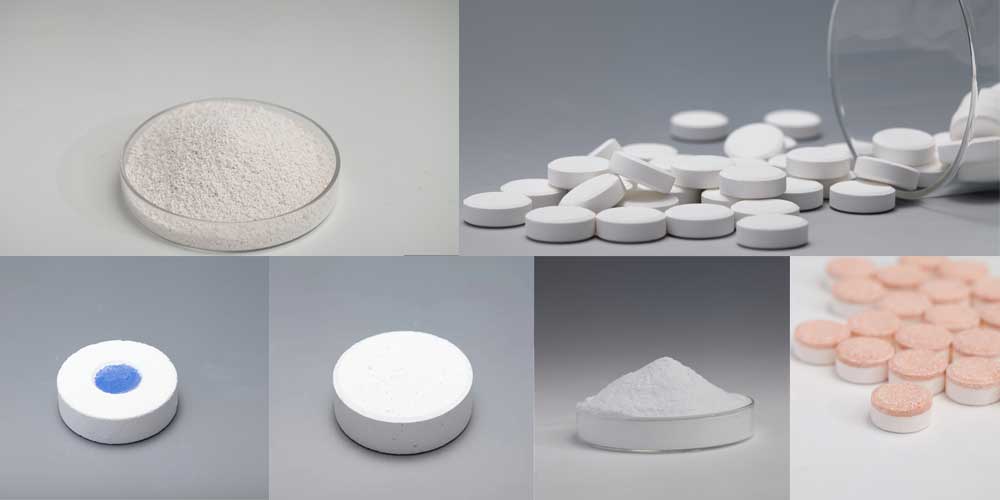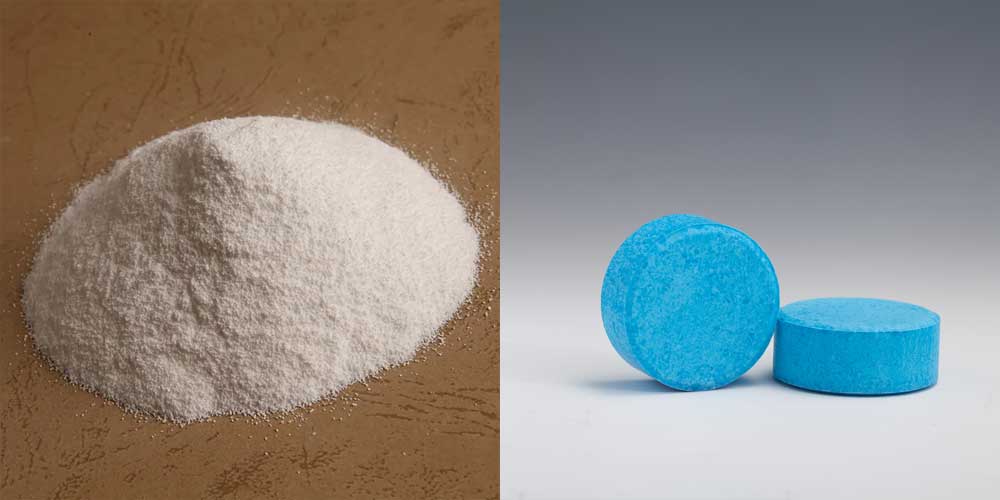During the hot summer months, many people are ready to enjoy the refreshing experience of a backyard pool. However, before diving in, it’s crucial to ensure that your pool is properly set up and maintained with the right Pool Chemicals. In this comprehensive guide, we’ll outline the essential chemicals you need to create a pristine pool oasis.
1. Chlorine:
Chlorine is a fundamental chemical for pool maintenance, serving as a powerful disinfectant. It eliminates bacteria, viruses, and algae, ensuring the water remains safe and clear. Available in various forms such as liquid, granules, or tablets, choosing the right type depends on your pool size and personal preference.
2. pH Adjusters:
Maintaining the correct pH level is vital for swimmer comfort and the effectiveness of other chemicals. pH adjusters, such as pH increasers and decreasers, help keep the water within the recommended range of 7.2 to 7.6, preventing skin and eye irritation and maximizing the efficiency of chlorine.
3. Alkalinity Increasers:
Alkalinity acts as a buffer against pH fluctuations, providing stability to your pool water. Alkalinity increasers help prevent sudden pH changes, ensuring a more comfortable and safe swimming environment.
4. Stabilizer (Cyanuric Acid):
Stabilizer, often in the form of cyanuric acid, helps prevent the breakdown of chlorine caused by sunlight. Adding stabilizer to your pool protects chlorine, allowing it to remain active for a more extended period and reducing the frequency of chemical adjustments.
5. Shock Treatment:
Regular shock treatments are essential for breaking down organic contaminants like sweat, sunscreen, and leaves. Shocking the pool helps eliminate chlorine-resistant bacteria and algae, maintaining water clarity and hygiene.
6. Calcium Hardness Increasers:
Maintaining the right calcium hardness level is crucial for preventing corrosion and scale formation. Calcium hardness increasers help achieve the recommended range (usually 200-400 ppm), safeguarding your pool equipment and surfaces.
In conclusion, a well-maintained pool requires a careful balance of essential chemicals. Regular testing and adjustment of chlorine, pH, alkalinity, stabilizer, shock treatment, and calcium hardness are key to ensuring a safe, clean, and enjoyable swimming experience.
A properly balanced pool not only enhances water quality but also prolongs the life of your pool equipment. Prioritize the health and safety of your swimmers by investing time in understanding and maintaining the chemical balance of your pool. With the right chemicals and proper care, you can create a pristine pool oasis for your family and friends to enjoy all summer long.
Post time: Jan-02-2024



